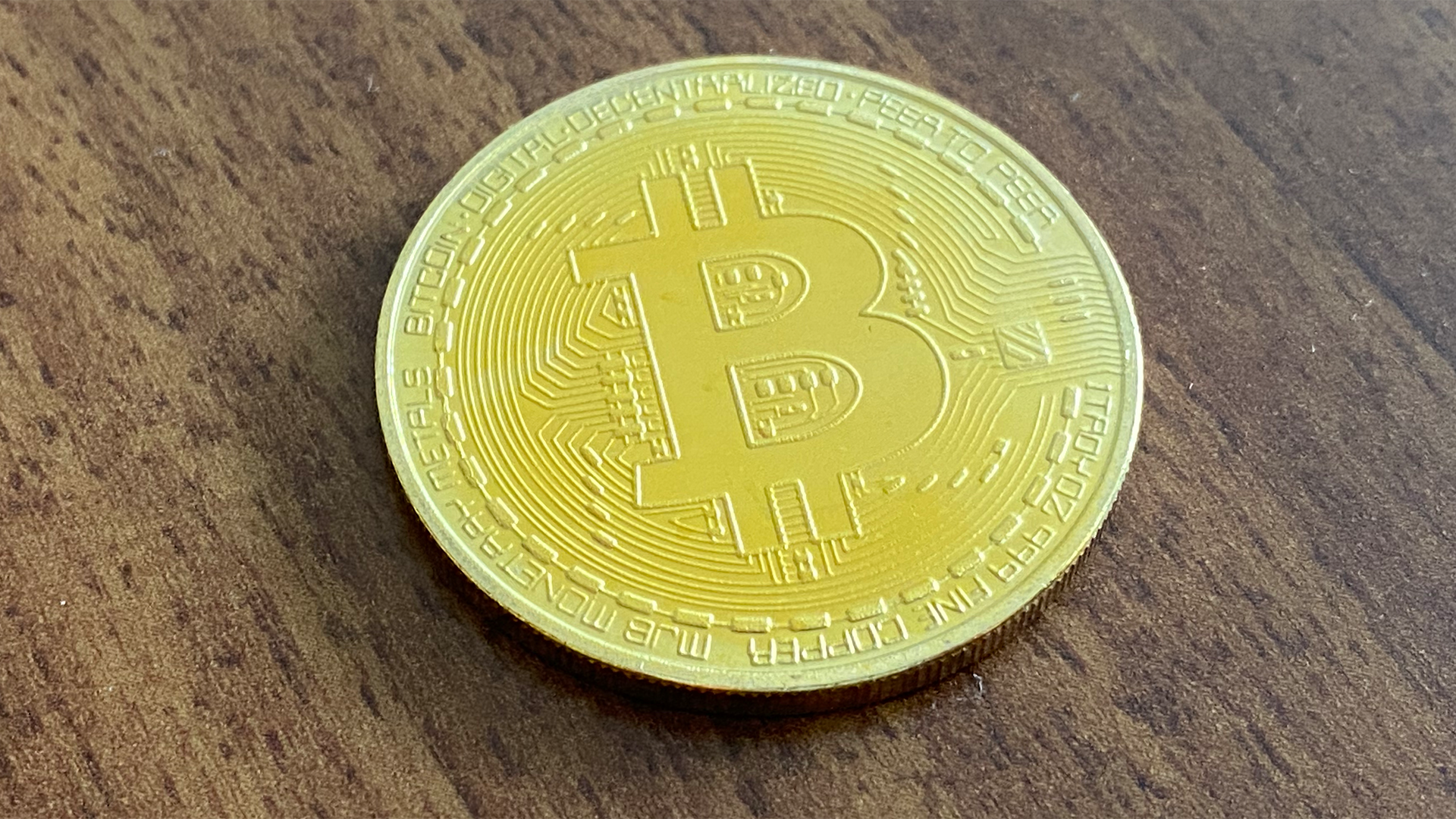
Bitcoin mining is thriving in Russia, despite the international sanctions imposed on the country following its 2022 invasion of Ukraine. This upswing is due to an influx of mining machines from manufacturers like Bitmain and MicroBT, whose expansion is driven by a saturated U.S. market, reports CoinDesk.
Russia has held a dominant position in the global Bitcoin hash rate because of its cheap energy and cold climate, which makes it somewhat easier to cool down mining data centers. In addition, China's 2021 ban on crypto mining boosted Russia's hashrate even further, making it one of the world's largest mining industries. Now that the U.S. market is saturated with mining machines from Bitmain and MicroBT, more machines are shipping into Russia than to any other market, according to Ethan Vera, COO of Luxor Technologies.
Russia's booming mining industry stands out against its struggling economy, which has suffered under severe sanctions imposed by the West. These sanctions do not entirely prohibit involvement in the mining sector, although they present 'significant risks,' according to David Carlisle, vice president of policy and regulation at blockchain analytics firm Elliptic. Foreign mining companies cannot conduct business with sanctioned entities or make payments to state banks and companies, which makes it harder to set up data centers in the country. In addition, these companies also face potential reputational risks given the current geopolitical climate.
The rising price of Bitcoin, coupled with increased activity on the Bitcoin blockchain driven by projects like Ordinals, have created a favorable environment for mining. Some factors make Russia particularly more competitive when it comes to mining. Firstly, increased regulatory scrutiny and taxation in the U.S. and other countries made them less appealing for mining. Secondly, changes in Kazakhstan’s regulatory environment, limiting the amount of electricity available for Bitcoin mining, made some miners move away from Kazakhstan, possibly to Russia. Thirdly, energy costs in Russia are significantly lower than elsewhere. Current prices for installing machines at a colocation datacenter are between $0.05-$0.055 per kWh in Russia, significantly lower than U.S. prices around $0.08 per kWh.
Cryptocurrency Mining Group (CMG) suggests Russia will be the only country able to significantly accelerate hash rate growth due to these conditions.
Mining rig manufacturers like Bitmain and MicroBT are capitalizing on the opportunity presented by Russia's thriving sector. Both companies are purportedly expanding their presence in the Russian market, providing after-sales services such as maintenance and repairs to local miners, albeit without officially confirming it.
Despite geopolitical tensions and sanctions, Russian miners and their international clients remain undeterred. These sanctions may have even inadvertently boosted the Russian mining industry, offering an alternative revenue stream for power producers hit by the economic downturn and facilitating the conversion of Russian rubles to Bitcoin, which can be traded globally. Despite potential hesitation from European and U.S. miners, Chinese miners are keen to fill any voids, taking advantage of the thriving Russian market and China's close relations with Russia.
But the skies are not completely blue for the Russian mining sector as companies working in Russia or with Russian entities may be sanctioned by the U.S. government.
Following the invasion of Ukraine, the U.S. government imposed sanctions on BitRiver, Russia's largest hosting provider and a key player in the mining industry, which was the first instance of a mining entity being targeted by U.S. sanctions. The aftermath of this decision has left companies, such as the retail-oriented Compass Mining, uncertain about how to manage their equipment. Obviously, doing business with a sanctioned entity like BitRiver presents considerable risks for companies.







